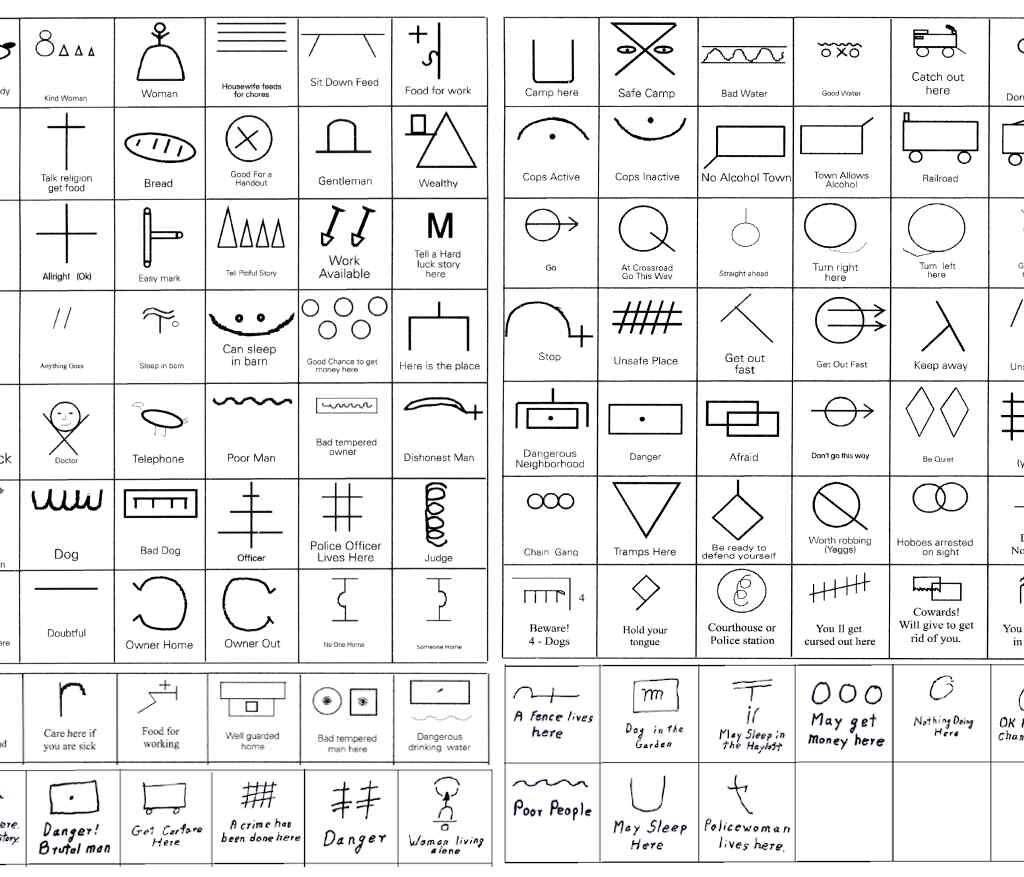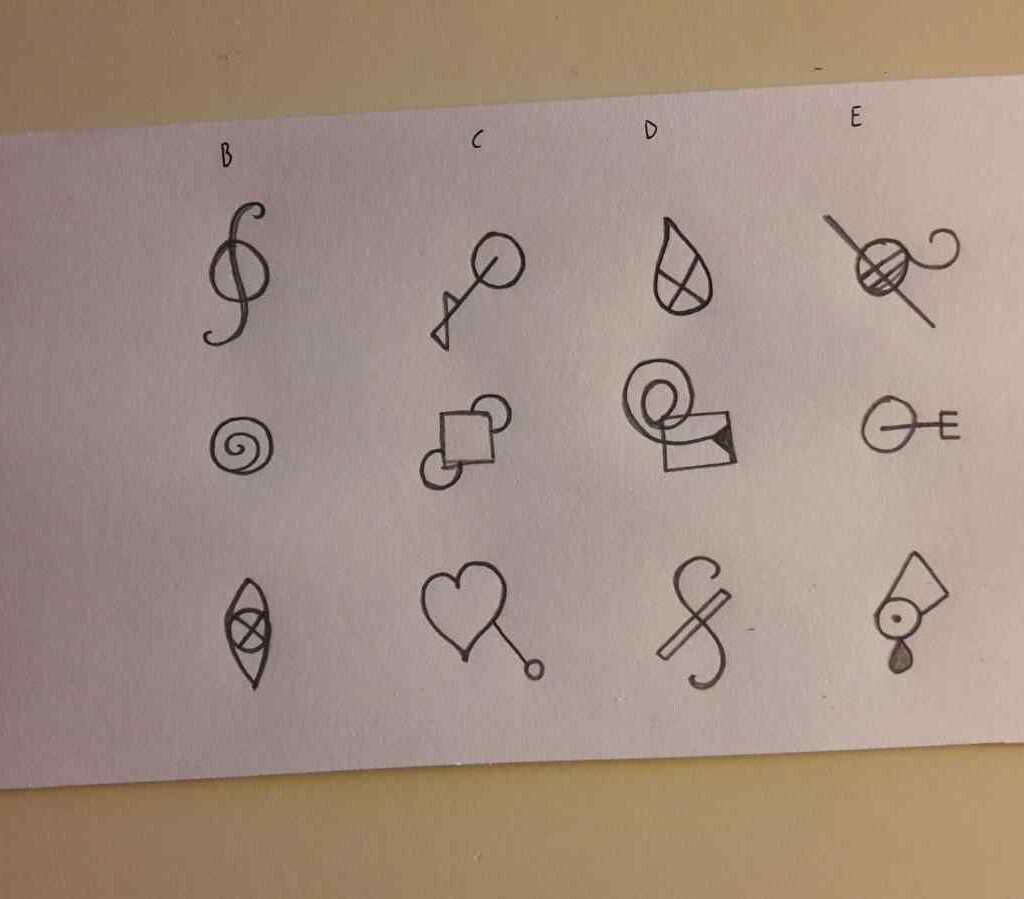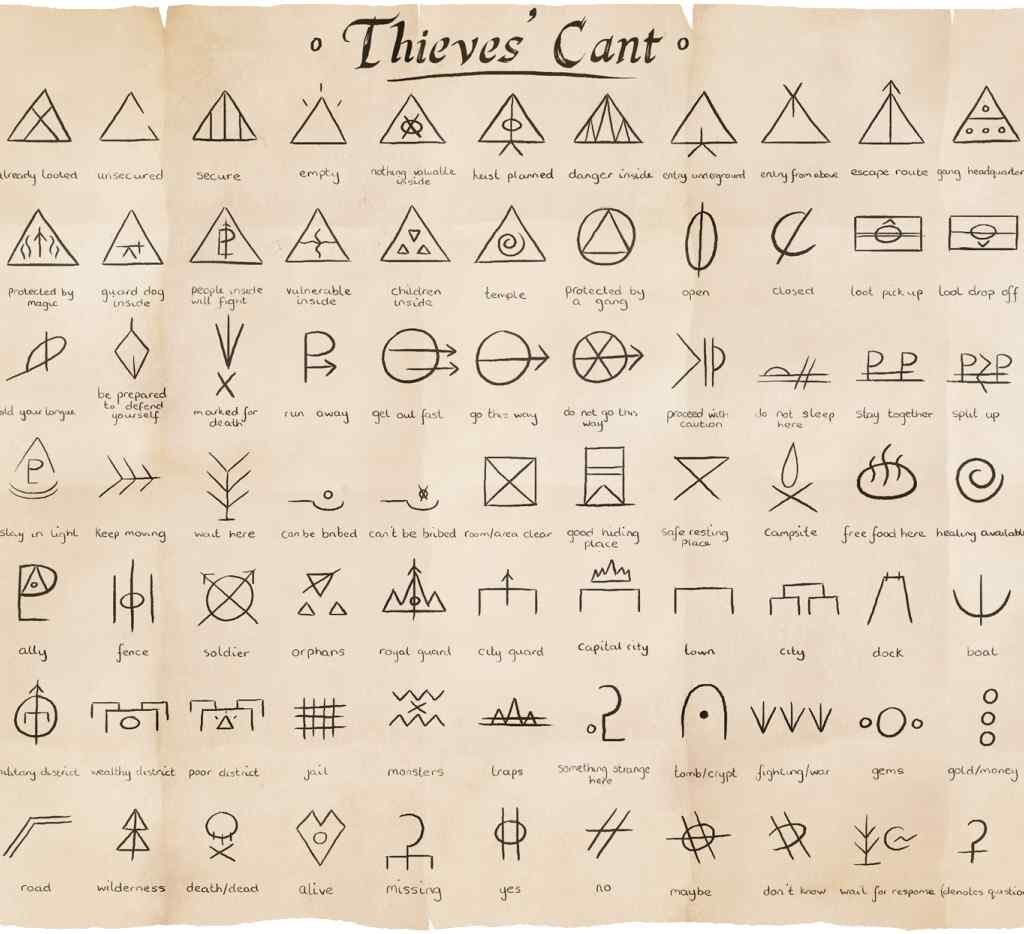I’ve always been fascinated by the various ways people communicate. There’s something thrilling about discovering a secret code or hidden language that allows us to connect with others on an entirely different level.
That sense of adventure and freedom is what drew me into the world of Dungeons & Dragons (D&D), specifically the 5th edition (5e).
One aspect of this roleplaying game that has captivated my imagination is ‘Thieves Cant’ – a secretive lingo used by rogues in D&D. Now, you might be wondering: ‘What exactly is Thieves Cant, and how does it work?’
Well friends, buckle up because we’re about to embark on an exciting linguistic journey through one of the most intriguing aspects of 5e! By understanding Thieves Cant, you will enhance your gameplay experience and tap into that desire for freedom we all crave subconsciously.
In a hurry? Here’s a quick & short answer that’ll help you out:
Thieves’ Cant in D&D 5e is a secretive language used by rogues to communicate covertly. It combines coded phrases, gestures, and symbols, allowing them to relay messages undetected. To understand and use Thieves’ Cant, a character must have the “Rogue” class or gain access through other means, such as multiclassing or feats.
Thieves Cant Origins And History

Imagine you’re wandering the streets of a bustling city in the 16th century when suddenly, you overhear a seemingly innocent conversation between two strangers.
But unbeknownst to most passersby, these individuals are actually exchanging crucial information about their next heist using Thieves Cant – a secret language known only to rogues and other unsavory characters.
This intricate method of communication has long been used by those who operate outside the law as a means to discreetly share plans, discuss potential targets or warn one another of danger.
Thieves Cant originated in England during the early modern period and gradually spread throughout Europe and beyond.
As an expert on languages and dialects, it’s fascinating how this covert system evolved over time to include not just spoken words but also gestures, symbols, and even clothing choices that could convey specific messages.
The use of such secrecy was essential for survival within the criminal underworld where trust was scarce and betrayal could be deadly.
Criminal gangs recognized the need for discretion while coordinating their illicit activities; thus, they developed a complex code that would allow them to communicate without arousing suspicion from authorities or rival factions.
By mastering Thieves Cant, members of these clandestine societies were able to maintain their anonymity while still being able to collaborate effectively with others who shared their nefarious ambitions.
Today’s world may have changed dramatically since its inception centuries ago; however, it is undeniable that this secret language played a pivotal role in shaping the lives of countless rogues seeking fortune through less than honorable means.
So if you ever find yourself longing for adventure or desiring freedom from society’s constraints, remember that there once existed a hidden world where cunning skill and ingenuity reigned supreme – all thanks to Thieves Cant!
Understanding Thieves Cant In 5e
Now that we’ve covered the basics of Thieves Cant and its syntax and structure, let’s dive into understanding Thieves Cant in 5e a little deeper.
As someone who has devoted their life to studying languages and dialects, I find this particular language both fascinating and liberating. What makes it so unique is its ability to exist just under the surface, hidden in plain sight within ordinary conversations.
Mastering Thieves Cant requires not only learning new words but also getting comfortable with speaking cryptically, using double meanings, or subtly emphasizing certain phrases to convey a secret message.
Don’t worry though; once you get past the initial learning curve, you’ll feel as if you possess a secret superpower!
Think about how empowering it can be to communicate covertly while others remain none-the-wiser – an undeniable appeal for those seeking freedom from oppressive systems or simply wanting to slip beneath notice.
As our journey through understanding thieves cant in 5e comes to an end, let me remind you of one important aspect: practice makes perfect.
To truly become proficient at utilizing this secretive language, immerse yourself in it by engaging with other like-minded individuals (preferably rogue types) and challenging each other with coded messages until it becomes second nature.
Remember that the more fluent you become in Thieves Cant, the greater your power will grow when navigating dangerous situations – granting you not only safety but also ultimate freedom on your adventures.
How Thieves Cant Works In Game Mechanics
You’re probably wondering how exactly Thieves Cant works in game mechanics, right? Well, my friend, let me tell you that it’s all about subtlety and creativity.
In the world of 5e, using Thieves Cant is a skill unique to rogues who have honed their craft so well that they can communicate with each other without anyone else even realizing what’s going on.
How does this work in practice? I’m glad you asked! As language and dialect aficionados like myself know, there are many ways to convey messages beyond just spoken words:
- Symbols: Cleverly drawn signs hidden within plain sight
- Marking safe houses or indicating loot locations
- Warning fellow thieves of dangers ahead
- Gestures: Discreet hand signals for silent communication
- Signaling the need for help or backup during heists
- Indicating the presence of guards or traps nearby
- Code phrases: Seemingly innocuous words layered with secret meanings
- Discussing plans under the noses of eavesdropping enemies
- Identifying allies while maintaining cover as an ordinary citizen
With these techniques at your disposal, using Thieves Cant becomes second nature when navigating the seedy underworld of our beloved tabletop RPGs. But mastering such methods takes time and dedication – much like perfecting any art form.
That being said, once you’ve become fluent in this secretive lingo, you’ll find yourself reveling in the freedom it brings; no longer bound by conventional means of communication and able to express yourself freely among those who share your passion for subterfuge.
So next time you don your rogue garb and venture into a shadowy realm filled with intrigue and danger, remember: Thieves Cant isn’t just some gimmick thrown together for flavor text.
It’s a complex system designed to keep prying eyes out and to protect those who’ve dedicated themselves to life on the edge. Embrace it, practice it, and watch as your connections within this hidden world grow stronger – all without anyone else being any the wiser.
Practical Applications Of Thieves Cant In A Campaign

Now that we’ve delved into the nitty-gritty of Thieves Cant, I’m sure you’re itching to put it to use in your Dungeons & Dragons campaign. Well, my fellow rogues and scoundrels, let’s explore some practical applications for this secretive language within our fantastical adventures.
In a bustling city or grimy taverns filled with ne’er-do-wells, employing Thieves Cant can lead you down paths otherwise hidden from the average citizen. As a cunning rogue myself, I’d employ it to gather information on secret entrances or valuable targets for heists without raising suspicion.
Your party could also use these coded exchanges to recruit new allies who share their love for life outside the law.
Imagine striking up conversations with various patrons at a bar and subtly weaving in signs or phrases only other thieves would recognize – those connections may just come through when you need them most!
But remember, me hearties: not all who understand Thieves Cant are automatically friends. That seedy merchant might be eager to sell you stolen goods but turn around and double-cross you as soon as your back is turned.
So always keep your wits about you while using this clandestine tongue because others fluent in its subtleties might be plotting against you just as much as they’re aiding you.
And never forget that even though Thieves Cant is an invaluable tool for any self-respecting rogue, it doesn’t mean everyone will play fair!
Incorporating Thieves Cant Into Your Character
Imagine you’re strolling through a bustling city market, when suddenly you overhear two seemingly innocuous merchants discussing the weather. You might not think twice about it, but if you’ve honed your skills in Thieves Cant, you’d quickly realize that their conversation was actually a coded exchange of valuable information.
It’s as though they were speaking an entirely different language, right under everyone else’s noses. As a rogue with proficiency in Thieves Cant, this secret language is one of your most prized tools for navigating the treacherous underworld and evading authority figures.
By incorporating Thieves Cant into your character, you can truly embody the essence of a cunning rogue who thrives on deception and intrigue.
To effectively roleplay using Thieves Cant, practice weaving these coded messages into casual conversations or written correspondence with other characters proficient in the skill.
The more seamlessly you can blend encrypted meanings within mundane dialogue, the more immersive and engaging your roleplaying experience will be.
So remember – just like those allegorical merchants at the marketplace – keep your coded exchanges subtle and discreet to maintain the allure of mystery surrounding this unique aspect of your character’s abilities.
Employing Thieves Cant creatively throughout your adventures will not only add depth to your portrayal but also provide thrilling moments where secrets are shared among allies without even raising suspicion from others around them.
Tips For Dungeon Masters To Implement Thieves Cant

So, you’ve got a rogue in your party who’s itching to use their Thieves Cant ability, and you want to make sure it feels special and unique. Great!
As a Dungeon Master (DM), incorporating this secret language into your campaign can be an incredibly fun way to engage with the rogue character while also adding depth to your world-building.
Trust me, once you start weaving Thieves Cant into your game, not only will your rogue player feel like they’re part of an exclusive club, but the whole table will enjoy the added intrigue.
First things first: remember that Thieves Cant is more than just a simple code or cipher – it’s an entire dialect consisting of slang terms, gestures, symbols, and double meanings. To really bring it to life at your table, try sprinkling hints of its existence throughout various aspects of your game world.
For example, maybe there are hidden messages scribbled on walls or alleyways using coded symbols known only to criminals; perhaps certain NPCs speak in seemingly innocuous phrases laden with hidden meaning that can only be deciphered by someone fluent in Thieves Cant.
The key here is subtlety – don’t hit players over the head with obvious signs every time they encounter something related to this underworld language.
Of course, one of the challenges when implementing Thieves Cant is ensuring that non-rogue characters still have opportunities for meaningful gameplay experiences as well. One approach I recommend is designing encounters where multiple solutions exist – some requiring fluency in Thieves Cant and others relying on different skillsets entirely.
This way, everyone at the table gets their chance to shine without feeling overshadowed by another player’s specialized abilities.
You could even create scenarios where understanding Thieves Cant offers alternative objectives or rewards altogether – maybe uncovering secret information about an NPC’s true intentions or unlocking hidden paths through treacherous territory that would otherwise remain inaccessible.
So embrace Thieves Cant’s mysterious world, and watch your players revel in the excitement of uncovering its secrets.
By incorporating this unique language into your campaign with care and creativity, you’ll provide a thrilling experience for rogue characters and captivate the entire table with tales of intrigue and hidden messages waiting to be deciphered.
Just remember – subtlety is key!
Can Other Classes Learn Thieves Cant?
You might be wondering, can other classes learn Thieves Cant? Well, the answer is yes! It’s not exclusive to just rogues, and I’m here to tell you that any adventurous soul who seeks freedom from convention can pick up this secret code.
Here are some ways for characters of different classes to get their hands on Thieves Cant:
- Multiclassing: If your character wants to expand their skillset even further, they could choose to multiclass into rogue. By doing so, they’ll automatically gain access to Thieves Cant.
- Backgrounds: Some backgrounds in D&D 5e offer specific languages as part of their features. Keep an eye out for these when creating your character or working with your DM during gameplay!
- Feats: The Linguist feat allows a character to learn three new languages – including Thieves Cant if it piques their interest.
- Roleplaying & DM Approval: If you really want your character to know this secretive lingo but none of the above options fit within your game plan, consider discussing it with your Dungeon Master (DM). They may allow you to acquire the knowledge through role-playing experiences like befriending and learning from a rogue NPC.
The bottom line is that there’s nothing stopping someone from picking up this unique communication method if they’re determined enough!
While traditionally reserved for those sneaky types we call rogues, anyone with the desire for secrecy and subterfuge could potentially add Thieves Cant to their repertoire of skills.
So go ahead – break free from traditional expectations and explore what lies hidden beneath plain sight!
Conclusion
Ah, Thieves Cant – the secret language of rogues and scoundrels. It’s ironic how something so elusive has become a staple in most Dungeons & Dragons campaigns, isn’t it? But that’s what makes D&D such an incredible game – the ability to take concepts from history or literature and bring them to life through roleplaying.
As a language enthusiast, I must admit there’s nothing quite like watching players weave intricate codes and hidden messages into their gameplay using Thieves Cant.
So go on, embrace your inner rogue, and let the secrets flow. Who knows what treasures you might unlock with just a few whispers in this mysterious tongue?






